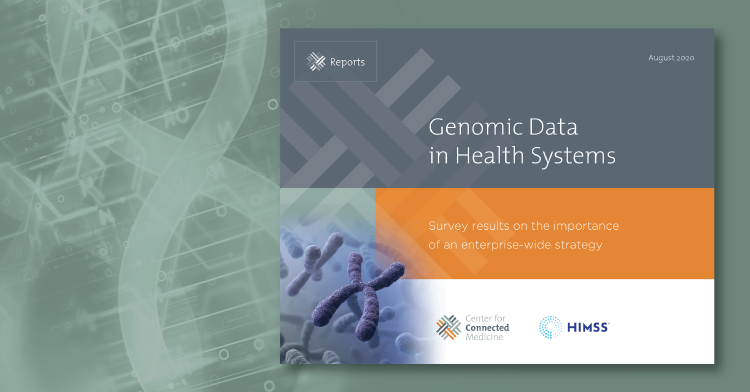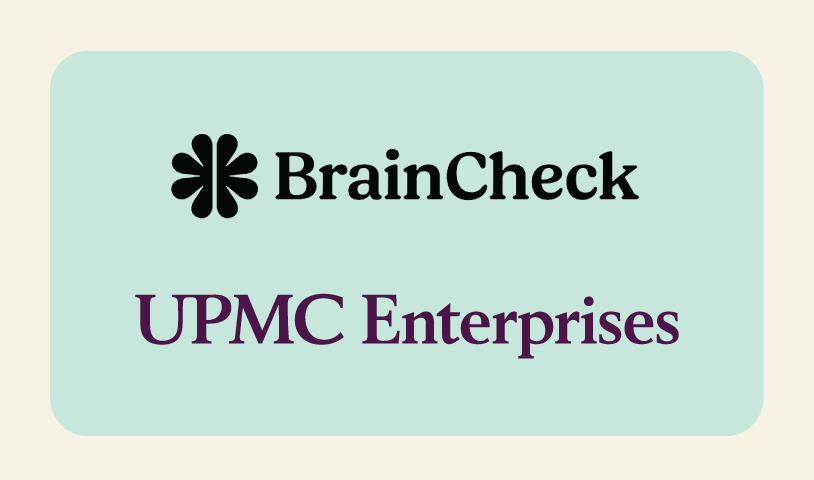
Aug 10, 2020
New report focuses on enterprise-wide strategy for managing genomic data at health systems
Infrastructure crucial as Center for Connected Medicine report suggests an end-to-end solution for genomic data management is not on the horizon
Genomic testing is becoming more common at health systems as providers look to implement precision medicine to deliver better care to their patients.
To handle the data from increased testing, more than 80 percent of health system representatives responding to a recent survey say they have instituted, or plan to institute, a genomic data management strategy within 24 months. Two-thirds of those with strategies in place or in development say their organization’s strategy is or will be at an enterprise-wide level.
Those are among key findings published in a new research report from the Center for Connected Medicine (CCM) examining how health systems and hospitals are approaching genomic data management. The report, “Genomic Data in Health Systems,” is available on the CCM’s website.
The CCM, which collaborates with a network of experts to provide information and events on the future of digital health, is supported by UPMC and Nokia.
The top-ranked “extremely valuable” criteria for a genomic data management platform identified by survey respondents were:
- The ability to facilitate re-interpretation of genomic data and support clinician notification (55%)
- Consume test results from a wide variety of molecular labs (46%)
- Offer in-workflow integration with multiple electronic health records (45%)
- Ability to couple with third-party clinical decision support tools (39%)

While a single end-to-end technology solution would likely make implementation of an enterprise-wide system much easier to accomplish, respondents said their health systems were working with an average of two vendor partners in each of the following areas of genomic data management: production, storage, and analysis.
More than half of respondents expect the number of partners they work with to grow in the coming years — suggesting a single solution will not be available in the foreseeable future.
“An end-to-end solution is unlikely. The reality is that health systems are building solutions using discreet evidence, pulling best in class capabilities and partners in along the workflow,” said Matthias Kleinz, PhD, Vice President of Translational Programs at UPMC Enterprises, who served as an advisor for the CCM’s research into genomic data management.
“We need to ensure systems and data are interoperable to meet clinical and business needs, and that’s where the strategy comes in,” Dr. Kleinz continued. “Data science and clinical science have a strong partnership in precision medicine.”
Read more about the report and download a copy on the CCM’s website.


